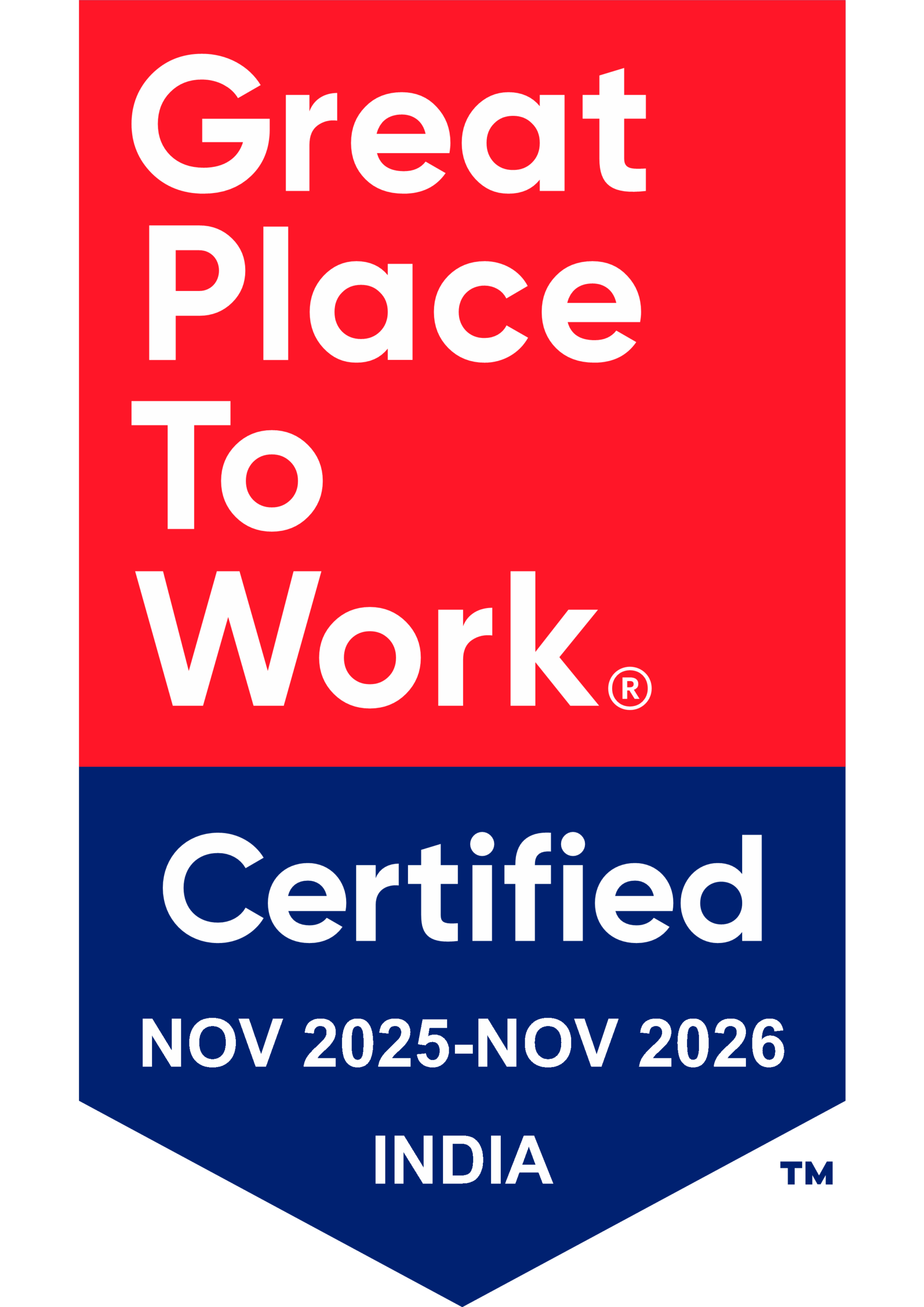Owning a real asset or property is the first step toward unlocking high-value business capital. But the real advantage comes when you understand how much loan you can get against it, the factors that determine your eligibility, and how interest rates are calculated.
This guide simplifies everything you need to know about borrowing against your asset for business, helping you get the maximum value from your property in 2025.
How Much Can You Borrow Through a Loan Against Property for Business?
This is one of the most common questions among shop owners, factory owners, and MSME entrepreneurs.
Your eligible amount depends on three key factors.
1. Property Valuation
A certified valuer assesses the fair market value of your real estate. This becomes the base against which the lender calculates the sanctioned amount.
Read RBI’s note on valuation & LTV guidelines:
https://www.rbi.org.in
2. LTV Ratio (Loan-to-Value)
Banks and NBFCs typically offer 50%–70% of the market value. Higher-value assets naturally unlock larger amounts even with a lower LTV.
Explore HFS’s financing options here:
https://hfs.in/loan-against-property/
3. Repayment Capacity
Your income, cash flow strength, and existing commitments determine the EMI you can comfortably service. A stronger financial profile results in higher eligibility.
How Different Property Types Affect Your Loan Amount
The kind of property you pledge directly affects the interest rate, LTV, and final approval amount.
Commercial Property Impact on Your Loan Eligibility
-
Typical LTV: 55%–60%
-
Often results in higher sanctioned amounts because commercial spaces usually have higher market value
-
A preferred choice for shop owners looking to expand operations
Common uses include:
Expansion, inventory purchase, and working capital needs.
Residential Property and Business Loan Eligibility
-
Higher LTV: 60%–70%
-
Faster liquidation = better interest rates
-
Popular for those seeking business expansion using personal real estate
Often used for upgrading machinery, opening new units, or consolidating debt.
Understanding Interest Rates for Your Loan Against Property in 2025
Interest rates vary across lenders, but your individual financial profile heavily influences the final offer.
High CIBIL Score = Lower Rates
Borrowers with a CIBIL score above 750 generally qualify for better interest rates.
Learn more about CIBIL scoring:
https://www.cibil.com
Clean Property Documentation
Clear titles, updated approvals, and neatly maintained financial documents reduce risk for lenders and improve your pricing.
Choosing the Right Lender
While banks may offer marginally lower interest rates, the best NBFCs for MSMEs often provide:
-
Faster approvals
-
Flexible eligibility assessment
-
Business-friendly structuring
Explore HFS MSME Loan Solutions:
https://hfs.in/msme-loan/
Why Choose an NBFC for Property-Backed Funding?
Speed. Flexibility. Simplicity.
Banks follow rigid underwriting processes. NBFCs are designed to support MSMEs that need quicker decisions.
NBFC Advantages
-
Faster processing
-
Quick disbursal
-
Simplified documentation
-
Tailored solutions
-
Cash-flow-based assessment
When you need funds to seize a timely business opportunity, the fastest loan disbursal NBFC in India can give you a competitive edge.
Make Your Property Work Harder to Support Your Business
To maximize your sanctioned amount and secure the best possible rate:
-
Maintain a strong CIBIL score
-
Know your asset’s true market value
-
Keep all documents updated
-
Choose a responsive partner like HFS
At HFS, we ensure your asset doesn’t just sit idle — it actively supports your business to grow, expand, and scale to the next level.
Get started today:
https://hfs.in/loan-against-property/




